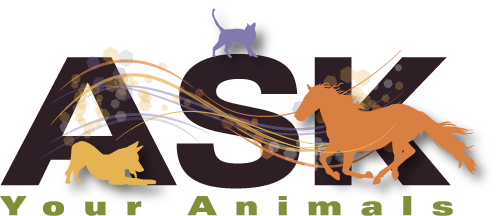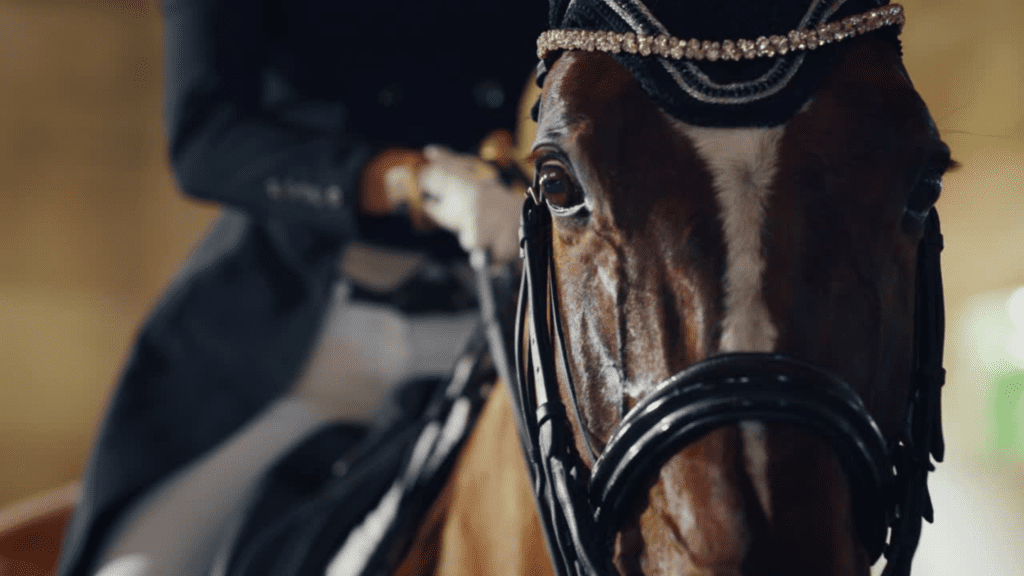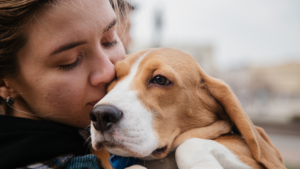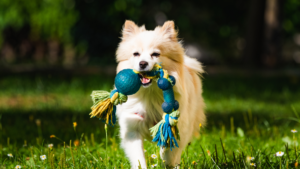As horse owners, we’re surrounded by a vast sea of training methods—everything from classical dressage to liberty work. Social media is packed with content claiming to be the “right” way to train, but sorting through all this advice often leaves us (and our horses!) feeling overwhelmed and even confused. The reality? There’s no universal “right” way to train a horse. Each horse is unique, with different breeds, temperaments, and goals, making it impossible to apply a one-size-fits-all approach.
Why Communication is Key in Horse Training
At the core of every successful training relationship is clear communication. Regardless of the technique or discipline you choose, true training requires patience, consistency, and, most importantly, a mutual understanding between you and your horse. A horse must be able to interpret your cues—hand, leg, body signals, and even your emotional state and mental focus all play into how they understand your intentions.
Yet, too often, communication breakdowns lead to frustration. Trainers may misinterpret a horse’s “naughty behavior,” while horses might shut down, feeling unable to find the right answer. This disconnect, where humans and horses “speak” different languages, can be the root of many training challenges. As a result, many promising relationships end up in conflict simply due to mixed signals and misunderstandings.
Animal Communication: Bridging the Gap
This is where animal communication can bridge the gap. Just as we rely on our vet, farrier, coach, barn manager, massage therapist, and other professionals to support our horse’s well-being, an animal communicator or animal medical intuitive can be an invaluable part of your training team. How many times have you thought, “I wish my horse could just tell me what’s wrong or why he’s behaving this way”? While they might not speak our language, horses can express their experiences, discomforts, and needs through telepathic communication.
An animal communicator acts as a translator, enabling your horse to “speak” through images, emotions, and sensations. They offer clarity to both you and your horse, helping identify where pain, confusion, or conflicting goals may be affecting the training process. For example, your horse might reveal discomfort in their hocks during collected work, while you might explain that you’re aiming to maintain rhythm rather than increase speed. By bringing these perspectives together, an animal communicator can help align both parties’ intentions.
The Benefits of Adding Animal Communication to Your Training Team
Think of animal communication as relationship counseling between you and your horse. It’s a way to clear up misunderstandings, set mutual goals, and establish a true partnership. When your horse is given a voice, they can share what they enjoy, where they need more support and even the challenges they’re facing. This understanding fosters trust, boosts motivation, and strengthens your bond—both in and out of the show ring.
Animal communication can clarify mixed messages that often get sent during training. For instance, while approaching a ditch jump at speed, your leg aides might be saying, “Go, go, go,” yet, at the same time, your mind may be replaying past refusals. To the horse, this combination says, “Be sure to run out like before, but do it faster this time.” An animal communicator can help the horse and rider clarify these mixed signals, creating a more aligned, successful training session.
Strengthening Your Partnership with Clarity and Compassion
If you’re ready to deepen your connection and tailor your training to meet the unique needs of your horse, consider adding animal communication to your toolkit. It’s an investment in a partnership where both you and your horse can thrive together, understanding one another with greater clarity and compassion.
When your horse has a voice, training becomes less about following a technique and more about building a stronger, happier partnership. That’s the true reward of tailoring your training with animal communication—creating a bond where both you and your horse can flourish.



